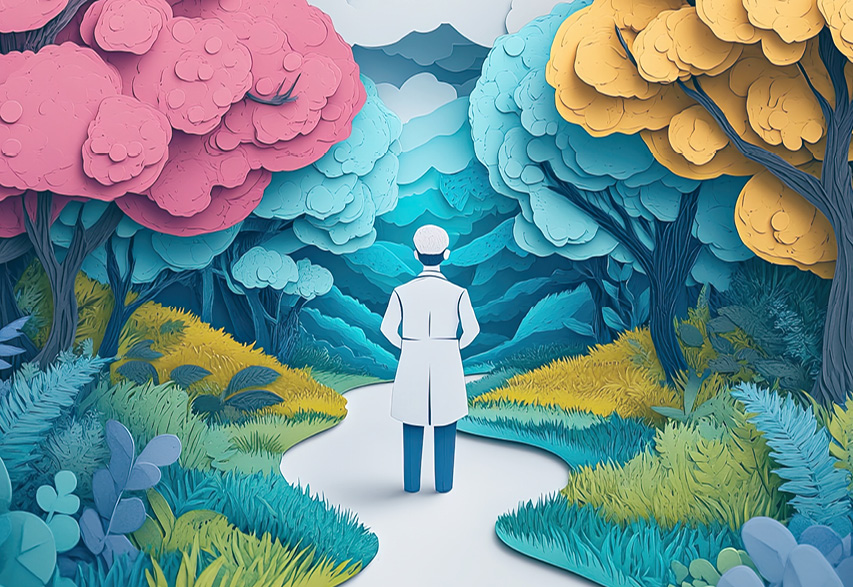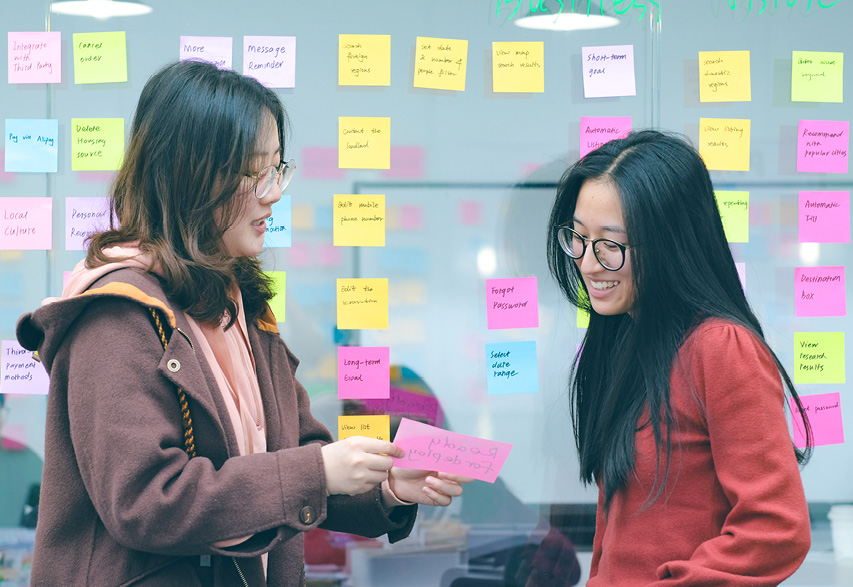
Healthcare provision remains woefully uneven around the globe, with rural communities facing barriers due to limited resources and access issues. Thoughtworks has partnered with North Carolina University (UNC) and Collective Good—an organization promoting better development in public health through technology—to improve clinical decision making for doctors in rural China.
Accurate and timely diagnostics are a lynchpin of effective health care. Thoughtworks has been working with UNC since early 2024 to improve diagnostics in rural areas through digital platforms. Together we've run several pilot programs, testing different solutions to best meet local needs.
Our first pilot focused on improving communication, seeking to provide an easier way to connect specialist consultants in urban areas with doctors working in remote locations. While this solution was driven by in-depth user research, feedback from the pilot showed that it still placed a burden on rural doctors in terms of time and motivation. Iterating from there, our current project has a renewed focus: improving training through AI-assisted automation.

We’ve been helping UNC to build an app called CollectiveGoodMD, which brings together human and artificial intelligence to improve medical decision-making. AI is fast proving to be an excellent tool in medicine, particularly in diagnostics. It removes human bias and its pattern-recognition abilities can quickly connect the dots around a patient’s symptoms.
The app uses real patient data (anonymized to protect privacy) to create test cases to train users, who could be practitioners, medical students, or even administrators. Presented with a random case, the user reviews the data (demographics and symptoms) then enters a diagnosis. They then get a ‘grade’ on the accuracy of their diagnosis. The concept utilizes insights from behavioural science into what motivates participation, integrating elements of gamification and reward. As users score higher on accuracy, they ’level up’, eventually gaining enough credibility to review real-world cases. In doing so, they then assist other users seeking a consensus view.
Currently involving some 200 doctors, the next stage for the app aims to see it rolled out to more users and more areas. Successfully scaling this project will ultimately lead to better and more cost-effective training for new physicians; improve diagnostic confidence for those working in remote areas, and make it possible for doctors in different locations to work as a team—quickly reaching a consensus on patients.















